Feeding houseplants over winter
averil
9 years ago
Related Stories
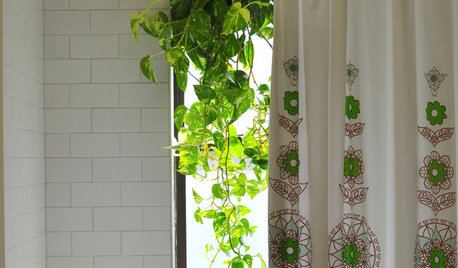
MOST POPULARThe Perfect Houseplant for People Who Kill Houseplants
If you can fill a jar with water, you can keep golden pothos vine happy — and it will pay you back with cleaner air and a greener home
Full Story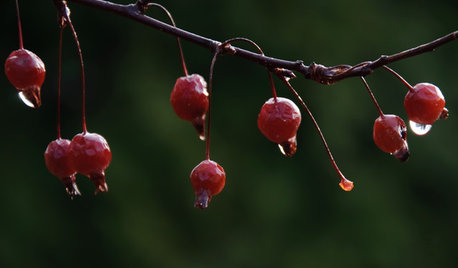
GARDENING FOR BIRDSFeed the Birds: 6 Plants for Abundant Winter Berries
Be kind to your fair feathered friends during lean food times by planting a shrub or tree loaded with nutritious snacks
Full Story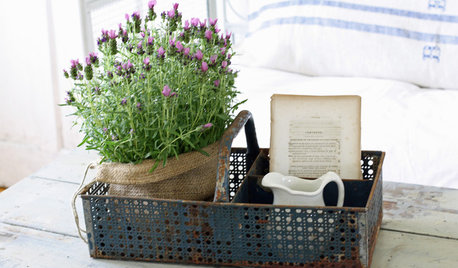
HOUSEPLANTSOutsmart Winter — Make Houseplants of Your Garden Growers
No need to watch Jack Frost play Wreck the Rosemary. Bring your garden inside for the winter, using containers and these guidelines
Full Story
GARDENING GUIDESGarden Myths to Debunk as You Dig This Fall and Rest Over Winter
Termites hate wood mulch, don’t amend soil for trees, avoid gravel in planters — and more nuggets of garden wisdom
Full Story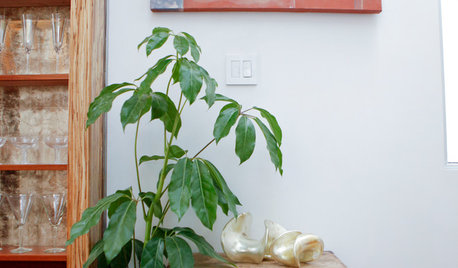
DECORATING GUIDESMeet a Houseplant That Doesn't Mind Neglect
Got better things to do than remember to water your houseplants on schedule? Schefflera will forgive and forget
Full Story
CONTAINER GARDENSHappy Houseplants, Happy People
Potted plants add life and beauty to a room. Learn easy ways to keep them healthy
Full Story
HOUSEPLANTSMeet a Houseplant With Excellent Communication Skills
It droops when thirsty, revives quickly and thrives under fluorescents. You may want to hire this hard worker for both home and office
Full Story
HOUSEPLANTSAim High With This Tall African Houseplant
Corn dracaena can give you a big splash of green with little fuss
Full Story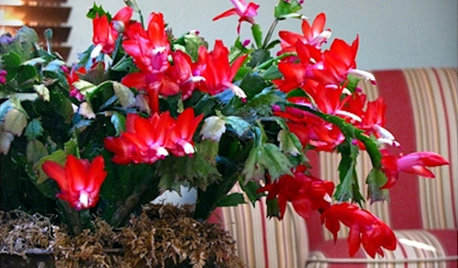
HOUSEPLANTSGreat Houseplant: Holiday-Blooming Cactus
You may know it as Christmas cactus, but whichever holiday floats your boat, this plant is a year-round beauty
Full Story
HOUSEPLANTSHow to Force Amaryllis Bulbs Indoors
Enjoy vibrant red blossoms even as gardens turn snowy white, by teaching this hardy repeat performer to ignore the calendar
Full Story







plantladyco
averilOriginal Author
Related Professionals
Chattanooga Landscape Architects & Landscape Designers · Clemson Landscape Architects & Landscape Designers · Hershey Landscape Architects & Landscape Designers · Leawood Landscape Architects & Landscape Designers · New Mexico Landscape Architects & Landscape Designers · Brentwood Landscape Contractors · Pelham Landscape Contractors · Waterbury Landscape Contractors · Downey Landscape Contractors · Ellensburg Landscape Contractors · La Mirada Landscape Contractors · Ramsey Landscape Contractors · Wethersfield Landscape Contractors · View Park-Windsor Hills Interior Designers & Decorators · Springdale Handymangreenman28 NorCal 7b/8a
averilOriginal Author
pelargonium_gw
tapla (mid-Michigan, USDA z5b-6a)
stewartsjon
zzackey
tapla (mid-Michigan, USDA z5b-6a)
averilOriginal Author
tapla (mid-Michigan, USDA z5b-6a)